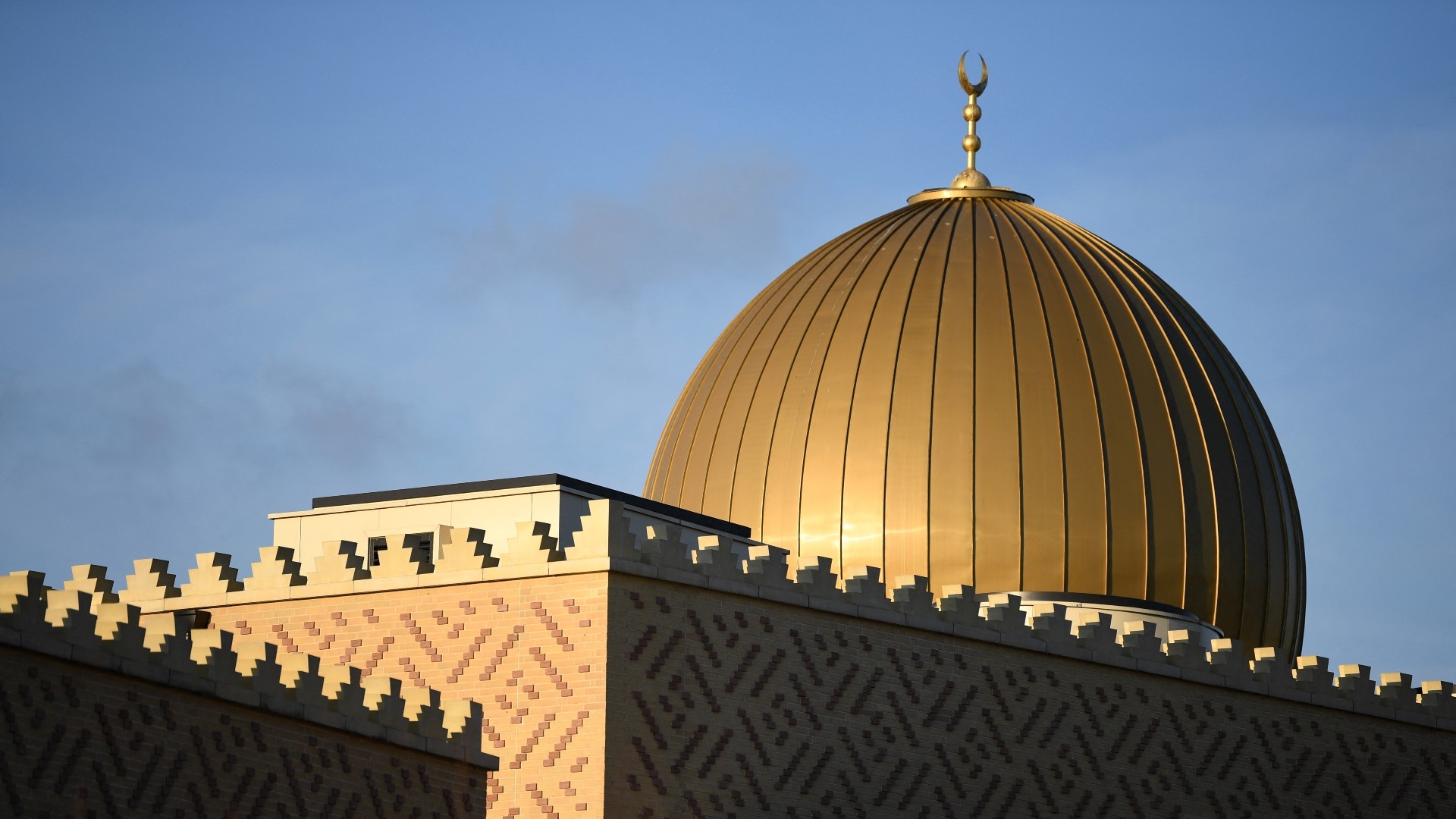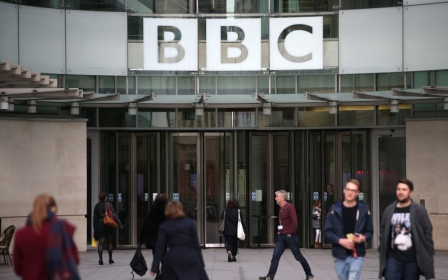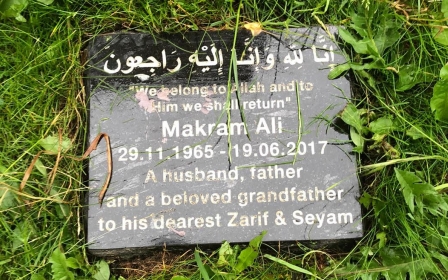UK: Why Muslims must rethink the approach to ending Islamophobia

Islamophobia Awareness Month (IAM) is once again upon us, and as with previous years, this month encourages us to raise awareness of the threat of Islamophobia and its impact on Muslims across the UK.
Things have only gotten worse with Muslims being the target of almost half of all recorded religious hate crimes
For those directly involved in community work and those like myself that identify as Muslim, this month is a dire reminder that not much has changed.
If anything, things have only gotten worse with Muslims being the target of almost half of all recorded religious hate crimes, according to a Census 2021 report from the Home Office.
Though statistics can help inform our approach and response to such incidents, they alone cannot convey the severity of the situation. Islamophobic offences recorded against Muslims reached 42 percent of all recorded religious hate crimes across the country with over 3,000 recorded incidents by the police.
A structural Islamophobia
New MEE newsletter: Jerusalem Dispatch
Sign up to get the latest insights and analysis on Israel-Palestine, alongside Turkey Unpacked and other MEE newsletters
This figure means that visibly Muslim women at our mosque may constantly fear for their lives as they step outside their home. It further means that Muslim children regularly encounter Islamophobia in their schools, with some being called "terrorists" and being told to "go back to [their] country".
It means that elderly members of our congregation are left wondering if they will be the next Makram Ali as they do something as simple as exercise their right to practice the most basic tenets of their faith freely.
And that’s not to speak of the structural Islamophobia embedded in institutions like our media and some politicians who whip up hatred against Muslims that justify the attacks we receive and contribute to the climate of fear that we find ourselves in that makes occasions like IAM a necessary event to mark each year.
Every 12 months, we find ourselves repeating the same ritualistic cycle of statements by political figures promising to stamp out Islamophobia, awareness events and exhibitions by Muslim groups, and social media campaigns to highlight the impact of Islamophobia on Muslims, only for the situation to get worse.
So where are we going wrong?
Rethinking our approach
The fact of the matter is, we need to rethink our approach to tackling this issue. Put simply, a structural issue like Islamophobia, which should be dealt with at an institutional level, is instead being managed by the community, with the brunt of the work falling on mosques, community workers, local councillors, and other community organisations and groups.
For example, at Finsbury Park Mosque we regularly engage in outreach work, organising community events to raise awareness about Islamophobia, lobbying the government to take the threat of Islamophobia more seriously, and working directly with victims of Islamophobia to provide them with the support and assistance they need.
This is on top of all the work we already do on a daily basis to serve our congregation and wider community. It is the work that we are proud to do, but it is one which we cannot continue to do alone.
Some work has been done in recent years by different groups and institutions including local authorities to tackle the issue of hate crimes in the UK with initiatives such as hate crime training and feedback groups, but there remains more work that can be done to ensure that the scourge of Islamophobia, which has become so normalised at every level of society, is eliminated.
Actions such as providing a detailed breakdown of hate crime data to better direct efforts and resources, providing more resources to the police, increasing community engagement events, and regularly reviewing the police's approach with direct input from the community, will be key to increasing trust and raising awareness of work and progress.
'Tackling denials'
This year, the theme is "tackling denials" as many, including our government, do not recognise Islamophobia as an issue that needs to be tackled. In fact, they recently dropped plans to combat anti-Muslim hatred with an official definition of Islamophobia that was promised more than three years ago.
This month, we at Finsbury Park Mosque will be holding different events in partnership with our local council, Islington Faiths Forum and local mosques.
These events will raise awareness about Islamophobia, shed light on the lived experience of it, and celebrate the contributions of our Muslim communities.
Ultimately, the aim of our work is to make events such as IAM obsolete.
We all have a role to play, and I sincerely look forward to the day when IAM is no longer an occasion that we need to mark, but one that we look back on as an important reminder of what we can achieve when we work together to tackle hate and eliminate its presence from our society.
The views expressed in this article belong to the author and do not necessarily reflect the editorial policy of Middle East Eye.
Middle East Eye delivers independent and unrivalled coverage and analysis of the Middle East, North Africa and beyond. To learn more about republishing this content and the associated fees, please fill out this form. More about MEE can be found here.





